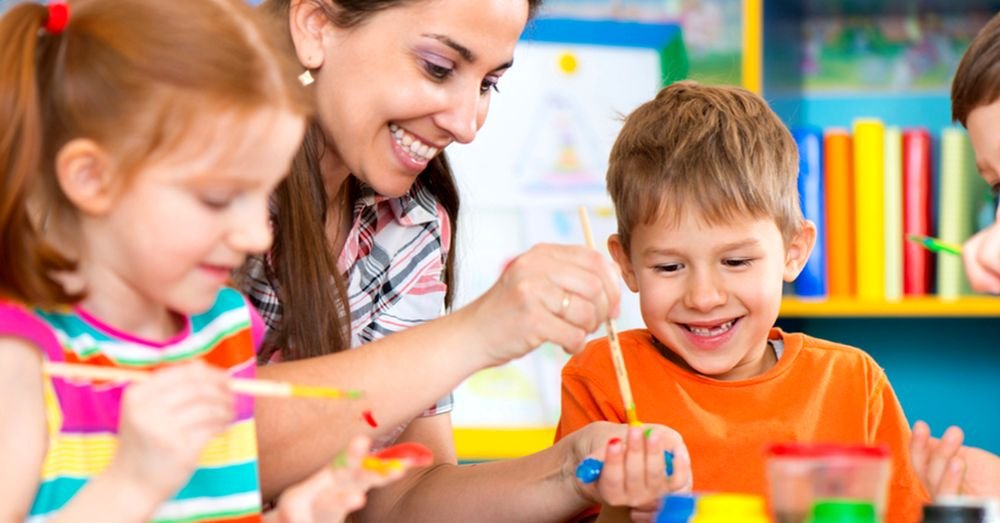
Chess, which has become a game / sport that is often encountered in preschool programs, entertains and educates children. Parents and Educators are not indifferent to the situation and are teaching their children to play this game as quickly as possible. If you want your child to learn chess, read this article and listen to our suggestions …
Advantages of Chess in Preschool Education …
• Improves the mind and imagination:
The child practices effective thinking throughout the game. He thinks about movements, constructs games, calculates how he gets answers, and he always lives this live process.
• Improves attention:
Since there are positions in the game that he will face and will remain in the game, he must focus his attention on the game and the movements to avoid undesirable results.
• Improves the forecast:
He has to calculate the future and the consequences of his actions: If I play this stone, what benefits and harm does the new situation have for me? He asks.
• Imparts comprehensive thinking and improves inventive skills:
Every new move in chess brings with it thousands of new options and opportunities. The child has to examine the entire chessboard or the action area, calculate the different consequences of each decision and find and select the most suitable from the many moves.
• Teaches patience, moderation and serenity:
Understands the consequences of fleeting movements or movements of children. For this reason, he will take action after making a quick decision, considering and analyzing the situation, reviewing and ensuring it many times.
• gain confidence:
The child who thinks, evaluates, bravely decides, applies and achieves results gains self-confidence. He learns not to be disappointed when things are going badly. There may be a useful change in the habit of waiting and looking for new resources.
• introduces new words and concepts:
Recognize the stones and learn how they move. During practice he learns many new words and concepts such as "straight, cross, back, forward, back, side, L-shape, square, mat, moves, movement hareket".
• Teach respect for rules and participants:
Chess as a game can only last if the child adheres to the rules / principles. He expects the opponent to follow these rules.
• Delights and entertainment:
Perhaps the most important thing is that the child can enjoy the game process and feel like they are having fun.
What can families do??
• Try to create stories in the game. For example, you can increase the child’s interest in the game by saying that the king of your country is trying to king of my country. Let’s unite them by playing by the rules. "
• Give your child more time to think and encourage them to continue playing and think about the movements in the game.
• While some parents are playing with their child, they can remove some of their stones to encourage them. This complicates the game and excites the children more than motivating them.
• Rotate the game board one or more times during the game so that the child can see his characters from different angles. You can also switch sides from time to time in the game to try to improve your child’s ability to adapt to different situations.
• If you play chess with your child on a computer, allow your child to use the undo function in the game, but not you
Turkey Chess Federation also;
Başlayarak Our children should aim at Yararlanma and benefit from the positive effects of chess on personal development. Baslayarak should be as young as possible be and make sure that our children show positive behavior. This goal should be taken on as a duty. "
He tries to make their families and children aware of this sport.
RELATED ITEMS
-

Important for baby development: play alone »magazine»
Important for development: Let your child play alone now and again Children need to play together with their parents for their development,…
-

Age 2 syndrome and anxiety – baby development
2-3 age syndrome While children’s fears often seem inappropriate and unrealistic, the world is full of real and imaginary threats…
-

Start kindergarten – baby development
It is very important to succeed in this first socialization process, in which the child has managed to stay separated from the family…
-

Children and empathy – baby development
The psychologist and specialist in special education Bihter Mutlu shares his views on Öğret Teaching Emotions to Our Children üyle with the second and…
